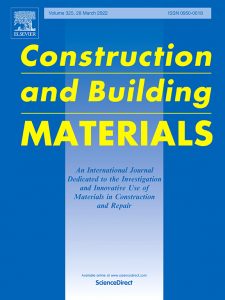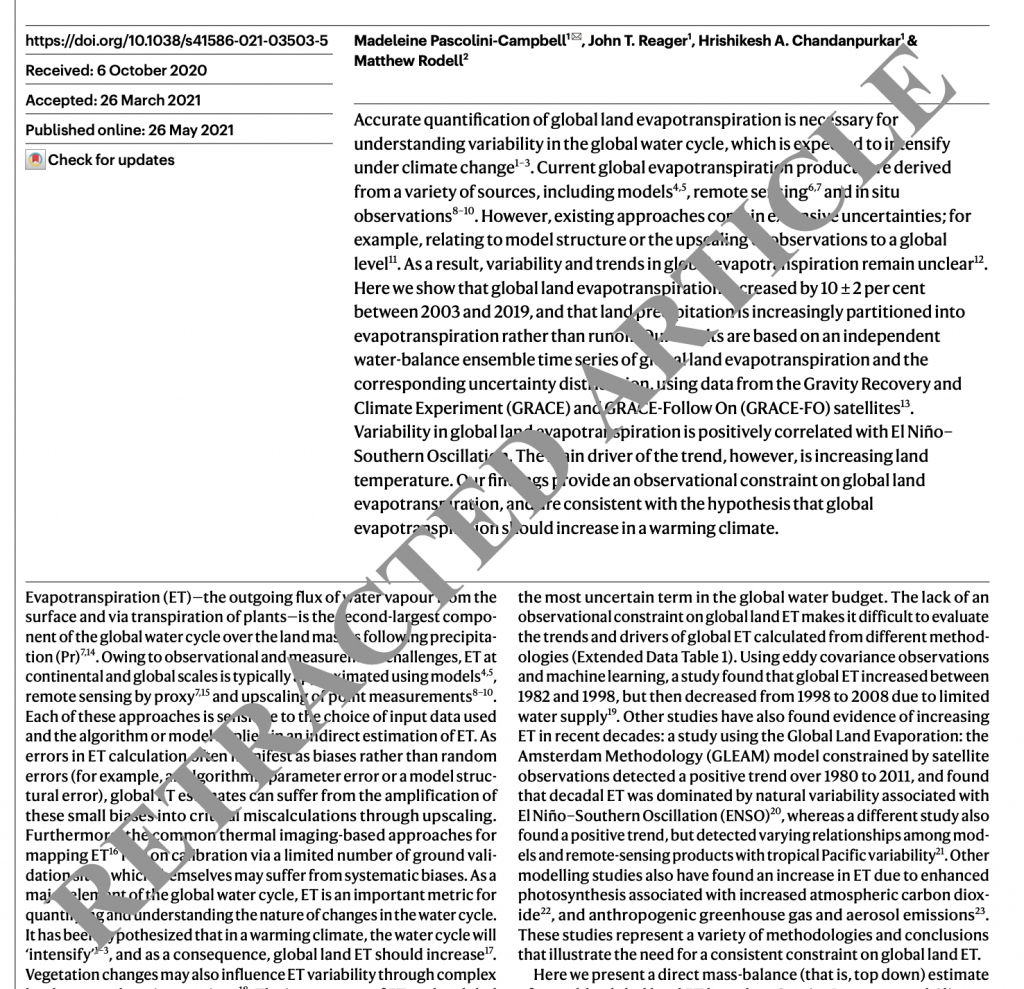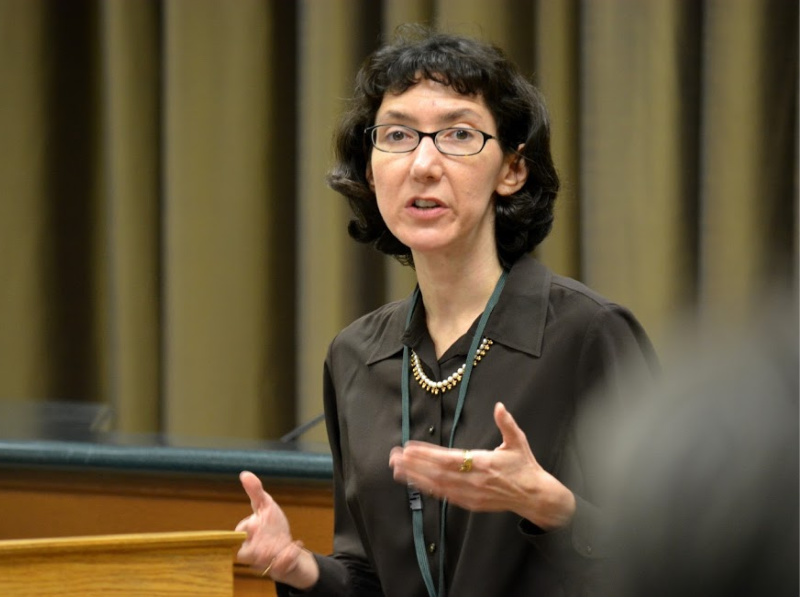A group of structural engineering researchers based in Iran has lost at least five papers for problems with the data – and a data sleuth says more look shaky, too.
Four of the articles appeared in Construction and Building Materials between 2018 and 2020 and were written by a changing cast of characters with two constants: Mansour Ghalehnovi and Arash Karimipour, both of the Department of Civil Engineering at Ferdowsi University of Mashhad. Karimipour’s LinkedIn profile lists an affiliation with the University of Texas at El Paso from 2019 to January of this year.
The journal, an Elsevier title, says it began investigating the papers after a whistleblower raised questions about the integrity of the data. In some cases, for example, data in one article were found in other papers but were represented as demonstrating different materials. The authors also used images from other researchers or the internet without proper attribution.
Here’s the notice for “Experimental study on the flexural behaviour and ductility ratio of steel fibres coarse recycled aggregate concrete beams,” from 2018:
Continue reading Engineers’ research starts to look shaky as retractions mount








